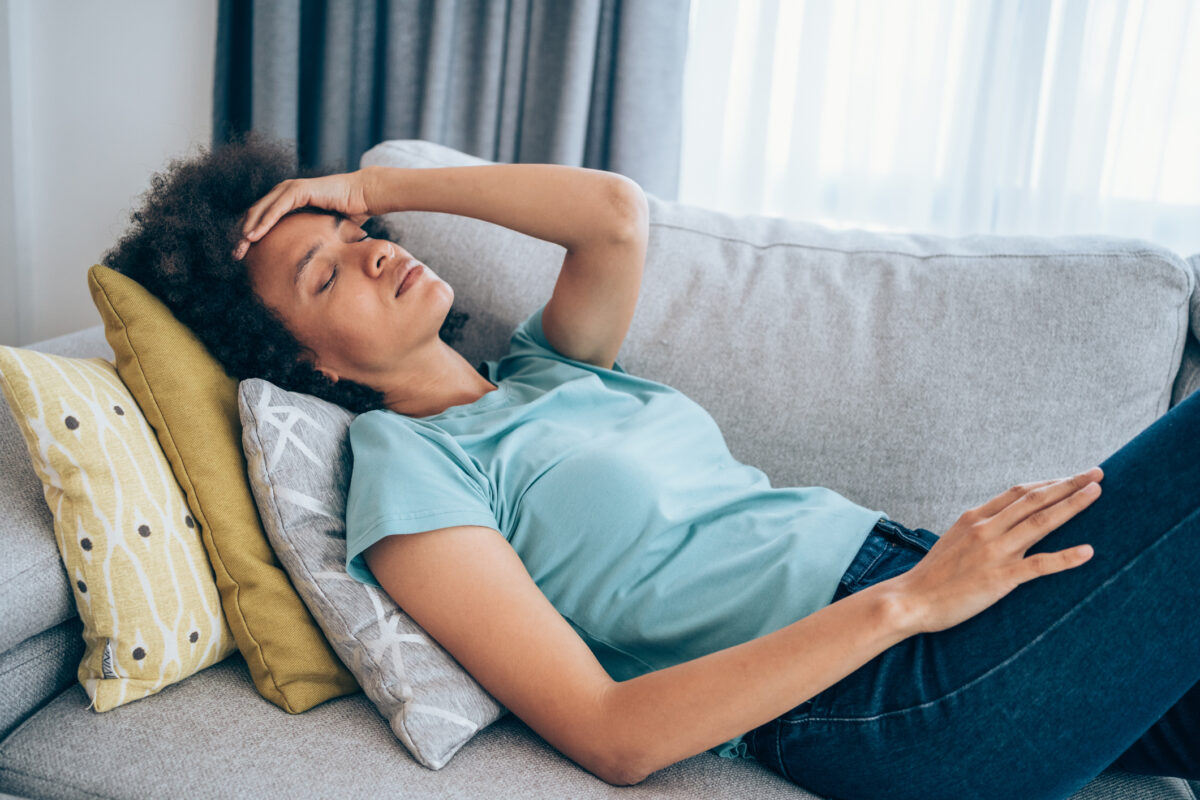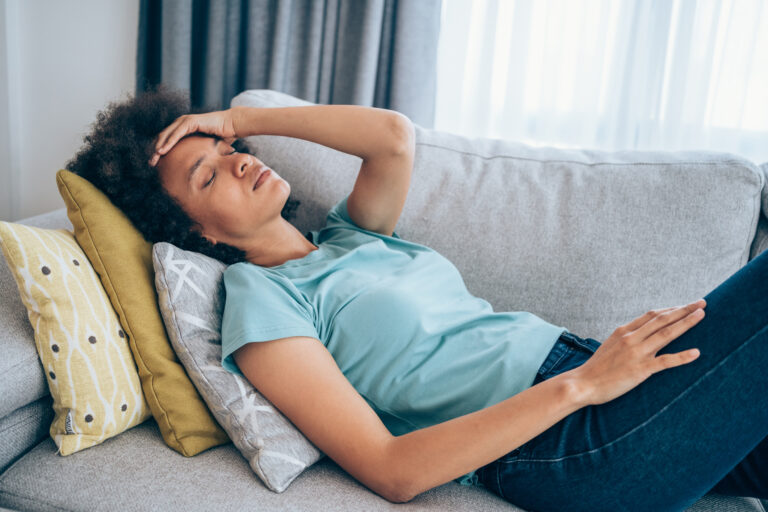Surviving the Lockdown: Will self-isolation harm more people than the coronavirus?
While the COVID-19 virus rages across the globe, killing tens of thousands, the recommendations from infectious disease experts will also leave a grim toll on society. “Social distancing” and self-imposed isolation are certainly an appropriate societal response to impede the impact and spread of this dreaded virus, but these actions will also cause an unintended secondary health crisis. We need to identify this and work to minimize its impact.
The health risks of self-isolation caused by our current shelter-at-home mandates include a deleterious effect on several systems of the body: musculoskeletal (muscles and bones), cardiovascular, mental health, neurological and cognitive health, and immune systems. As we look at the ancillary news stories, we can begin to perceive the unintended consequences of our current plan of action. These stories include the death of a well-known star from a pulmonary embolism (a blood clot in the lungs often caused by prolonged sitting), a dramatic increase in societal alcohol consumption, anxiety from job/income loss, accelerated dementia of patients in nursing homes because of isolation, and reports of increased anxiety and depression.
For some people, this lockdown will shorten their life expectancy more than exposure to the virus would. They will survive the virus, only to shorten their lives through a passive interpretation of how they should hunker down. But there are action steps which can ensure that you not only survive this lockdown, but come out of it in better health than you went into it.
Your Plan of Action Should NOT be a Plan of Inaction.
Cardiovascular, muscle, bone, and mental capacities rapidly atrophy in the absence of stimulation and exercise. We must have a plan of action to preserve our physical health and mental faculties. This should not be a time of binge eating while watching TV.
Exercise every hour, not just every day.
While a daily workout is important, it is also essential that we move throughout the day. Movement will ensure that we keep our immune system active, our lymph flowing, and prevent blood flow from stagnating and forming clots. Get up and walk around at least every hour, and avoid prolonged sitting. If you are in the midst of watching your favorite tiger documentary, get up and march in place for a few minutes every hour.
Work out every day.
While motion is vital for blood flow and immune response, you should continue to exercise to ensure that you do not lose muscle and bone strength as well as cardiovascular fitness. Move every hour, but also work out every day. The speed at which muscles atrophy and cardiovascular capacity diminish during total rest is astounding. It is very important to work your muscles and heart every day while in isolation. There are plenty of resources on the internet for exercising while in isolation.
Avoid social isolation.
Social distancing is a misnomer; what we are really doing is called physical distancing. We need to avoid social distancing and instead remain socially engaged. This can be done through social media, phone calls, FaceTime, and many other mediums. If you can see a face during your social time, it is even better. Take this time as an opportunity to connect with old friends and to re-establish a social network.
Isolation is a factor that accelerates the symptoms of dementia and depression. It is important that we avoid social isolation and continue to maintain a healthy network of friends and family. If you know someone who is isolating alone during this lockdown, take the opportunity to contact them often to engage them.
If you are in lockdown with other people, remain engaged. Play games. Be creative. Plan, prepare, and eat meals together. Talk. Listen. Pop popcorn and watch a feel-good movie when you do watch something. Avoid compulsively watching the news or focusing on the negative aspects of this historic event.
Helping others will help yourself.
If you can be a beacon of hope to others, you will be uplifted as a fringe benefit. Right now, there are many depressed, anxious people focusing on negative events over which they have no control. If you know of someone slipping into despair, call them, and encourage them.
Get outside.
Exposure to the sun is essential on many levels. It affects our mood, helps our body establish the normal circadian rhythm of the sleep-wake cycle, and it also helps our immune system through the production of vitamin D.
Focus on self-improvement.
It is hard to get depressed when you are actively seeking a goal. Take this time at home to improve myself physically, mentally, and spiritually. Exercise every day, seek depth to relationships, and work on projects that will help you reach your goals in life.
We are like the caterpillar who enters the cocoon for a season of metamorphosis, which later emerges from the cocoon with a new purpose and the ability to take flight. What you spend your time doing now will impact your future. Devote yourself to self-improvement, exercise, and relationships.
Keep a positive mindset and remember, “You are not stuck at home; you are safe at home.”
Provided by Dr. William E. Morgan, president of Parker University in Dallas, Texas. He has served as a consultant to the medical departments in the U.S. Capitol and the White House.

